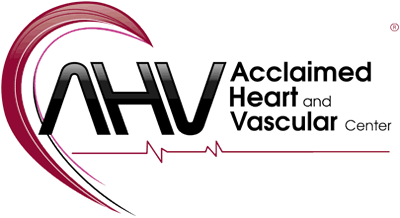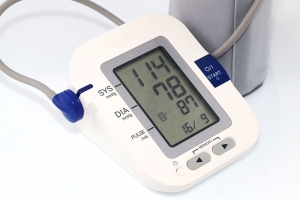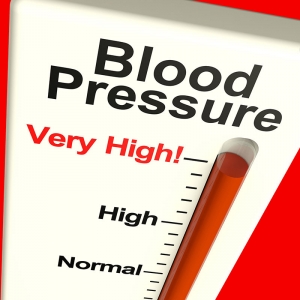What is Congenital Heart Disease
Congenital heart disease (CHD), or a congenital heart defect, is a heart abnormality present at birth. CHD can affect:
- the heart walls
- the heart valves
- the blood vessels
CHD is the most common type of birth defect and it causes more deaths in the first year of life than any other birth defects.
What is Tachycardia?
Tachycardia refers to a fast-resting heart rate - usually at least 100 beats per minute. Tachycardia can be dangerous, depending on its underlying cause and on how hard the heart must work.
In general, the adult resting heart beats between 60 and 100 times per minute. When an individual has tachycardia, the upper and/or lower chambers of the heart beat significantly faster.
Our heart rates are controlled by electrical signals that are sent across the tissues of the heart. When the heart produces rapid electrical signals, tachycardia occurs.
When the heart beats too rapidly, it pumps less efficiently and blood flow to the rest of the body, including the heart itself, is reduced.
Hypertension: What it is and what causes it
High blood pressure, or hypertension, occurs when your blood pressure increases to unhealthy levels. Your blood pressure measurement considers how quickly blood is passing through your veins and the amount of resistance the blood meets while it’s pumping.
Blood pressure is the force exerted by the blood against the walls of blood vessels, and the magnitude of this force depends on the cardiac output and the resistance of the blood vessels. Hypertension is classified as having blood pressure higher than 140 over 90 mmHg (millimeters of mercury). A diagnosis of hypertension may be made when one or both readings are high. This means the systolic reading (the pressure as the heart pumps blood around the body) is over 140 mmHg (millimeters of mercury) and/or the diastolic reading (as the heart relaxes and refills with blood) is over 90 mmHg.
Hypertension: Why it’s such a big deal
High blood pressure, or hypertension, occurs when your blood pressure increases to unhealthy levels. Your blood pressure measurement considers how quickly blood is passing through your veins and the amount of resistance the blood meets while it’s pumping. Click here to learn more about Hypertension.
Hypertension is very common. According to the CDC, In 2016, 75 million Americans (29%) are living with the condition.
It is very important to monitor and control your high blood pressure. Click here to learn ways to prevent and control hypertension.




